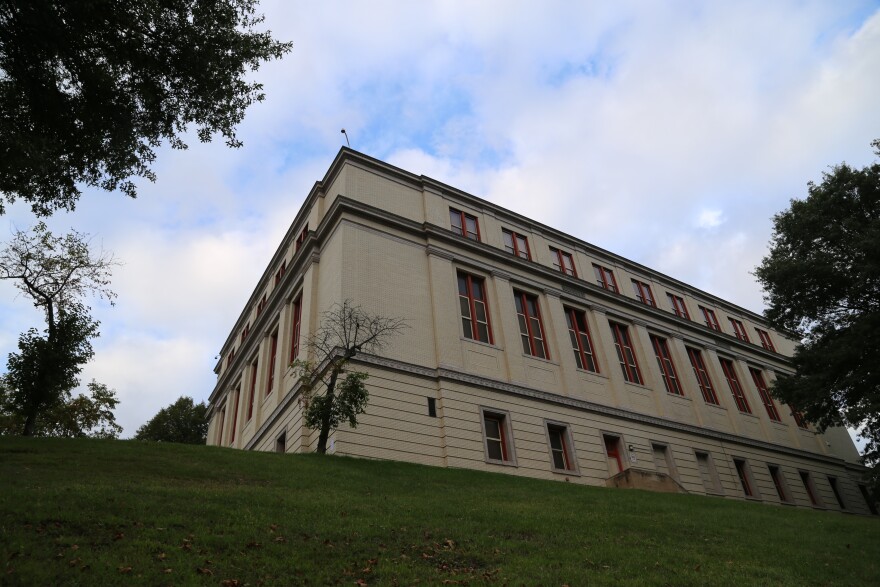As of late September, 336 students, or about 1.5 percent of Pittsburgh Public Schools students, had not logged into the district’s online learning platform for remote instruction, or been reached by school staff.
An additional 594 students had not logged into the online learning management system Schoology as of Sept. 18, but were shown to have at least one day of attendance, “which indicates that teachers had at least some contact with the student,” according to an audit released Tuesday.
Pittsburgh City Controller Michael Lamb’s office initiated the audit after at least one Pittsburgh Public Schools board member in August requested a review of the district’s remote learning and device distribution plan. Much of the report reviews when and how the district purchased devices like computers or tablets for its staff and students.
The district anticipates spending nearly $10.8 million on those devices and internet hotspots.
PPS was allocated more than $11 million in federal CARES Act funding to pay for laptops and iPads. Purchases are reimbursed by the state upon delivery. According to the audit, $1.8 million has been reimbursed.
According to the report, evaluating the success of schools contacting absent students is outside of the scope of the audit. Ultimately, though, the audit found that the district does not know the reason for the students’ absences. Lists of students are provided to each school “so they can be incorporated into their routine practice of contacting families of students who struggle to attend school,” according to the audit.
The district is also not tracking the number of students using personal devices at home to learn. As of Oct. 20, 5,986 students had not received a district-issued device. At the time the district was anticipating the arrival of 6,000 laptops.
Mark Stuckey, interim director of technology for PPS, told the board during its Wednesday meeting that order had been received and most had been distributed.
District administrators have said that many purchases were backordered. Superintendent Anthony Hamlet has said on many occasions that the district was competing with other districts who were also making bulk purchases for online learning.
The audit said that this summer the district was notified that an order of 7,000 Chromebooks would be significantly delayed “due to human rights violations in the factory where they were being manufactured."
As a result, U.S. Customs officials rejected the shipments and sent them back to China. Lenovo informed administrators that those laptops would have to be manufactured in a different factory, delaying the order until at least November, and advised them to pursue other options if possible,” according to the audit.
That order was canceled in August. Administrators placed an alternative order through Second Gear that month. The full audit can be found here.




